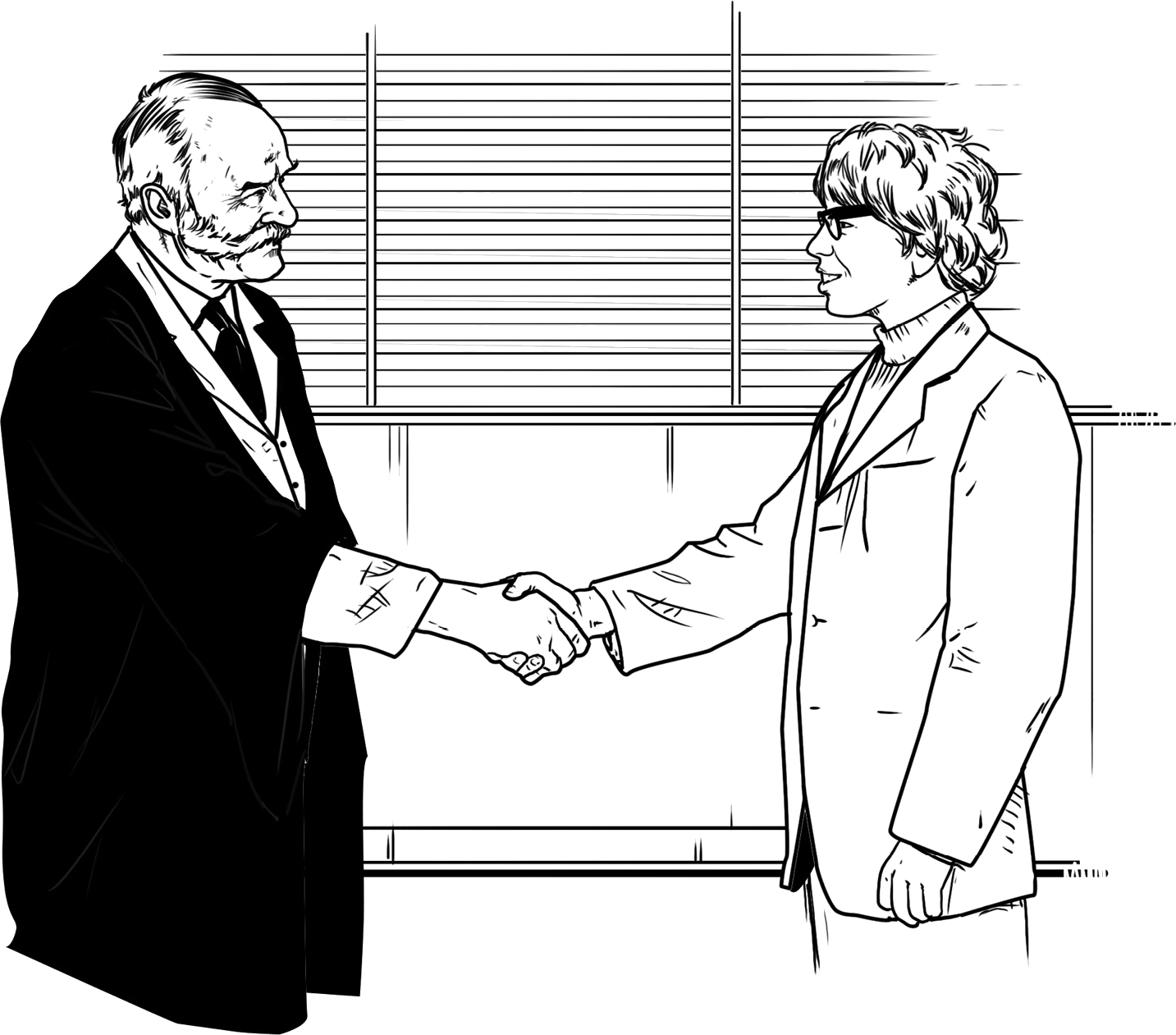Chapter 1
Early Challenges
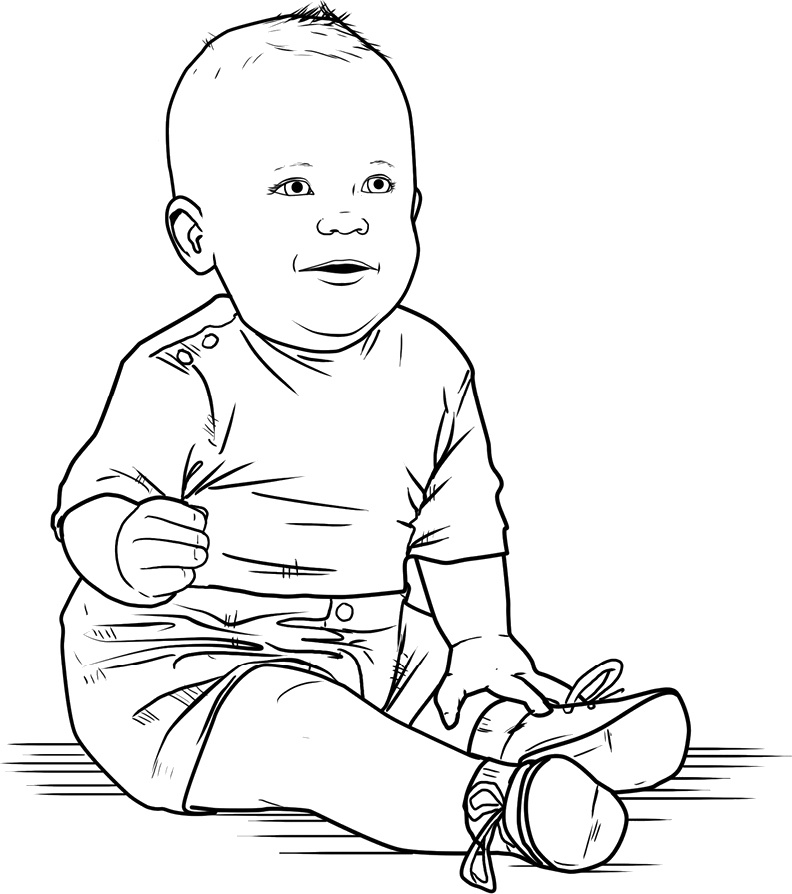
On July 18, 1950, Richard Branson was born in London, England. Times were tough for his parents, Eve and Ted Branson. Ted was struggling to start his career as a lawyer, and the couple had little money. Eve helped out by making furniture cushions and selling them in the local shops. The family had just bought a small cottage in the countryside of Surrey.
His parents called their newborn son Ricky, though later everyone came to call him Richard. The Bransons didn’t have a car. Ted drove the family’s motorcycle while Eve sat behind him. She held on tight to Ricky’s baby carriage, which bounced along behind the bike. Baby Ricky seemed to enjoy the adventure, watching the scenery passing by.
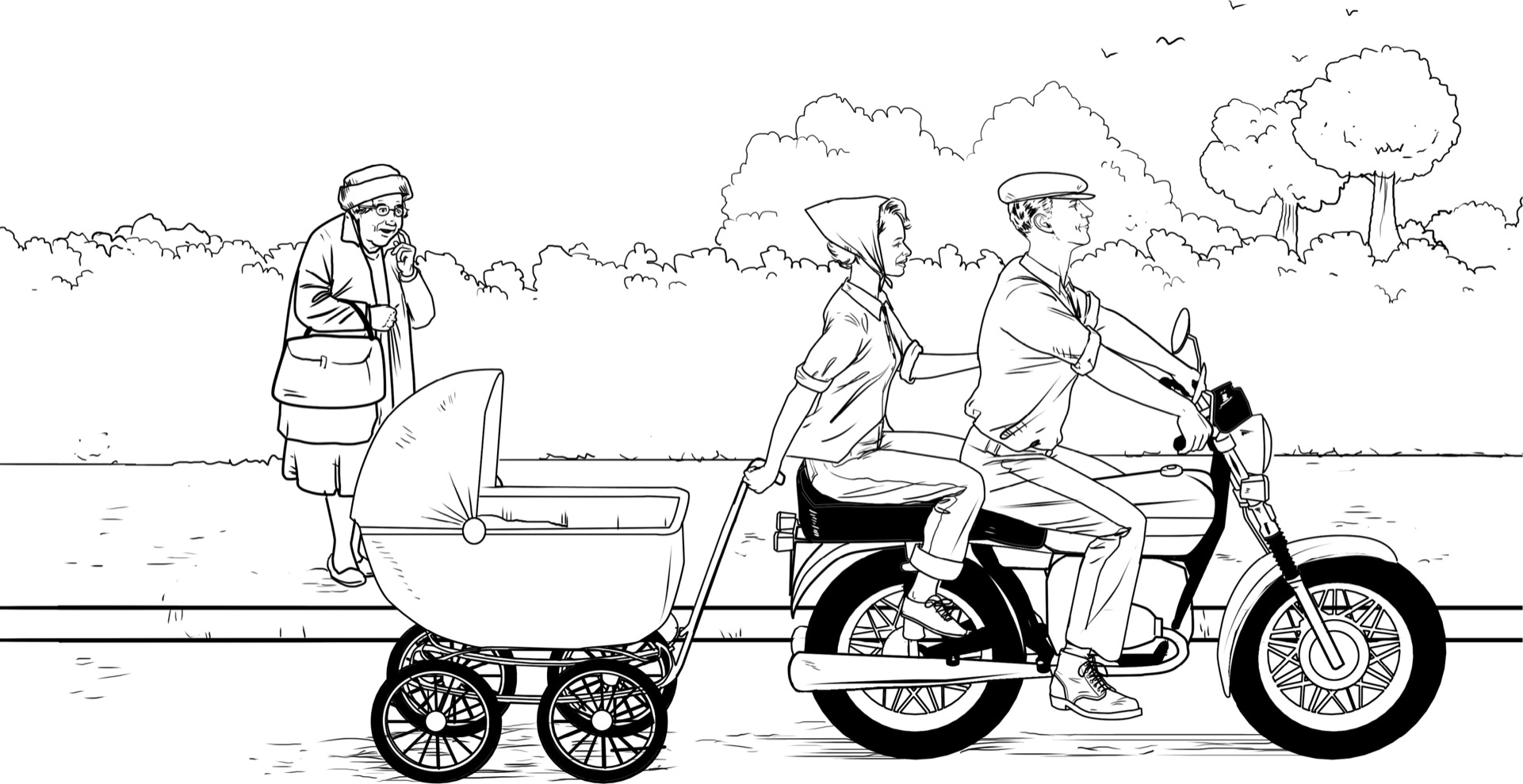
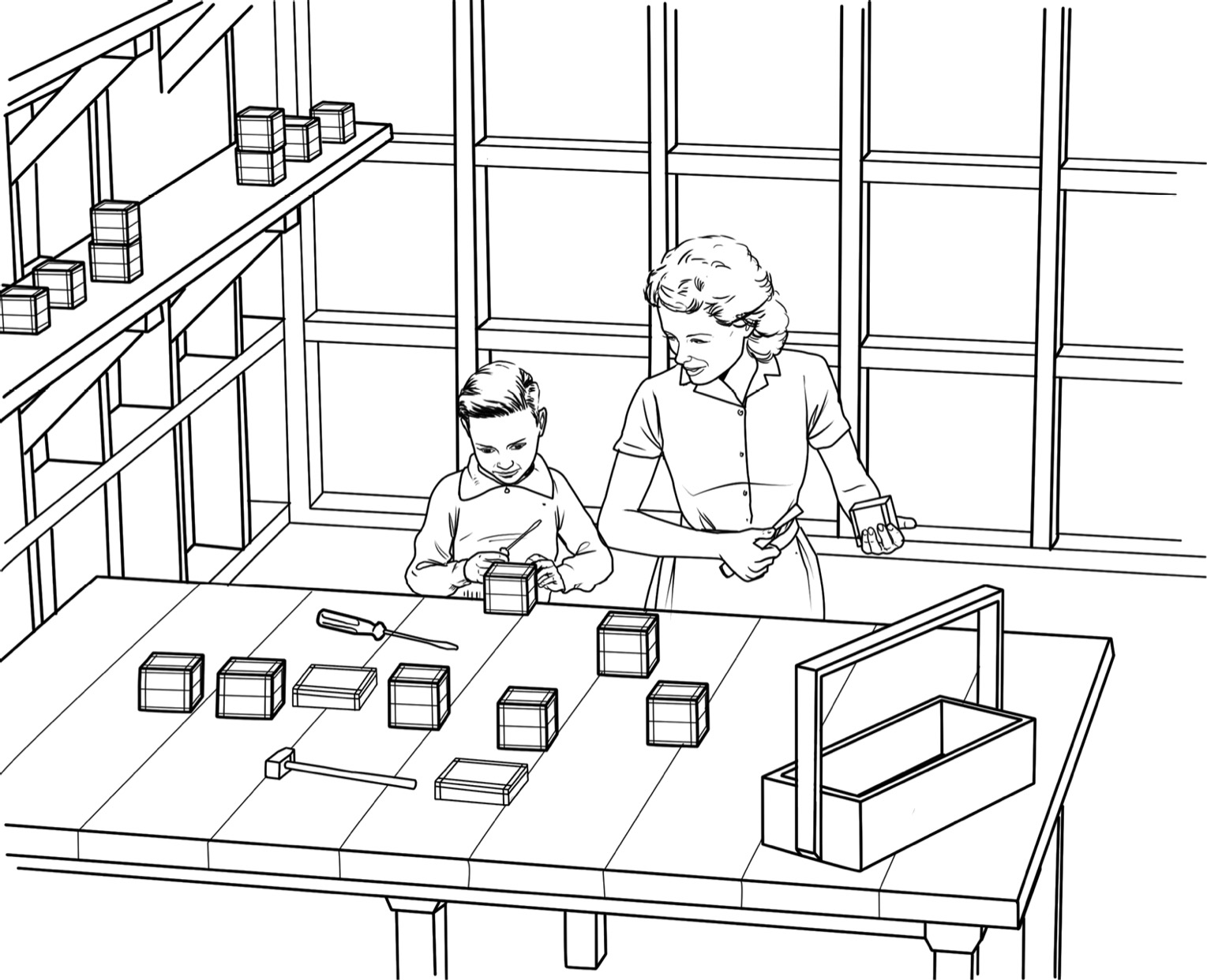
Over the next few years, Eve Branson expanded her little business of selling cushions. She began to make wooden boxes and wastebaskets that she sold at Harrods, a large London department store. Ricky watched her work in a shed behind the family cottage. Eve was always trying to build her business.
Still, it wasn’t all work and no play for the Bransons. Eve and Ted enjoyed spending time with Ricky and the two sisters who followed him, Lindy and Vanessa. They were always a close family. As the Bransons earned more money, they were able to afford a van. The family would head off with the children sprawled out on a mattress in the back of the van. The Bransons talked about many things, from Ted’s legal cases to current events in the news. Ricky’s parents wanted him and his sisters to think for themselves. They encouraged their children to freely express their own opinions.
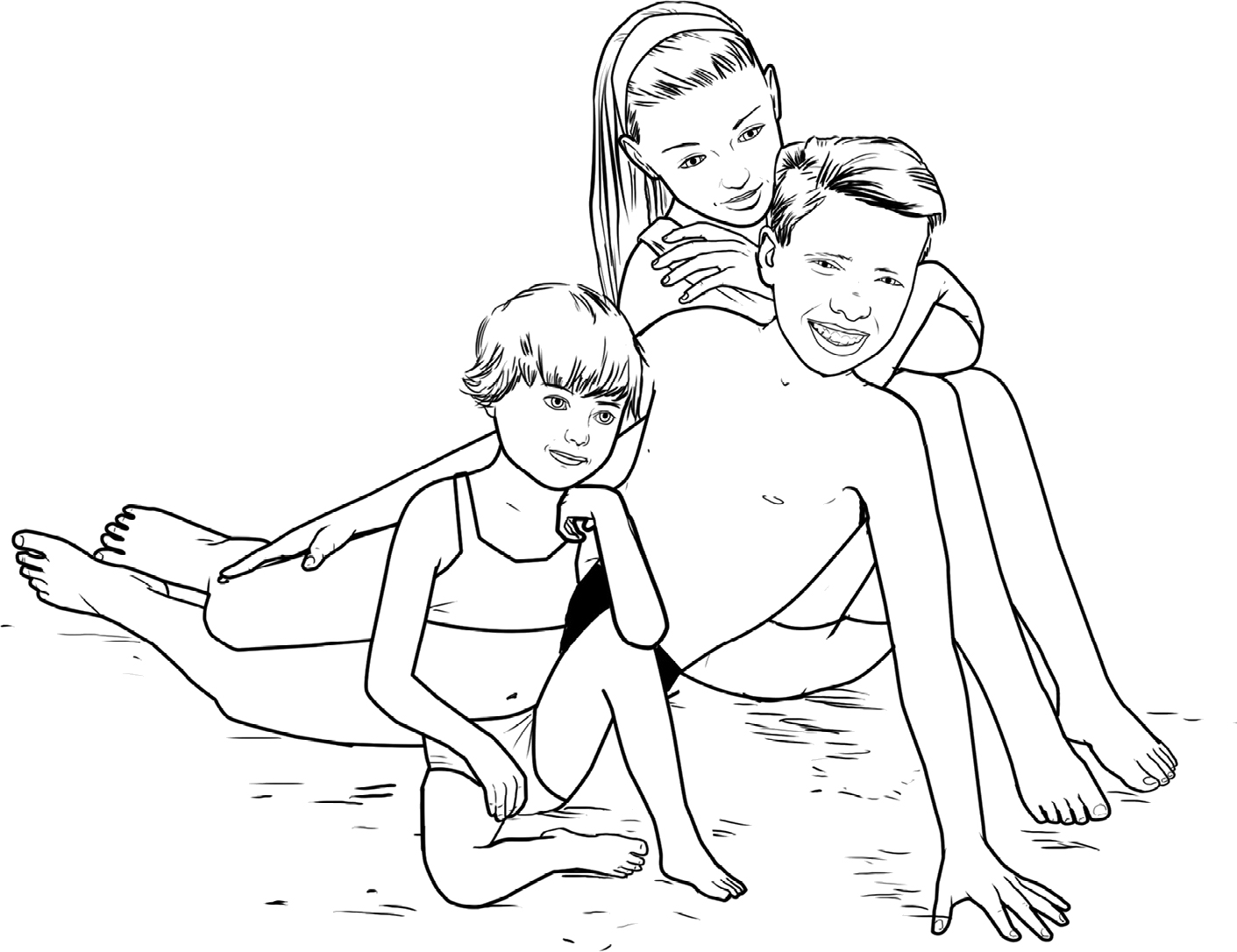
Eve Branson also wanted her children to be comfortable in front of people. So when the Bransons had company, Ricky had to sing for the guests. He was sometimes shy around strangers, and he didn’t like performing. Little by little, though, he got used to it. And he learned that he enjoyed entertaining people.
Ricky was a playful, energetic boy. He loved to climb trees and ride his bike. He also worked in the family garden and helped his mother around the house. Ricky was great at sports. He ran races and played soccer and rugby. School, though, was a challenge. In the classroom, he struggled to read the blackboard until he got glasses at around age ten. He also had a condition called dyslexia that made it difficult for him to learn. With dyslexia a person may not see numbers and letters in the correct order. They often have trouble reading, switching one letter for another. They might write “mawn lower” instead of “lawn mower.”
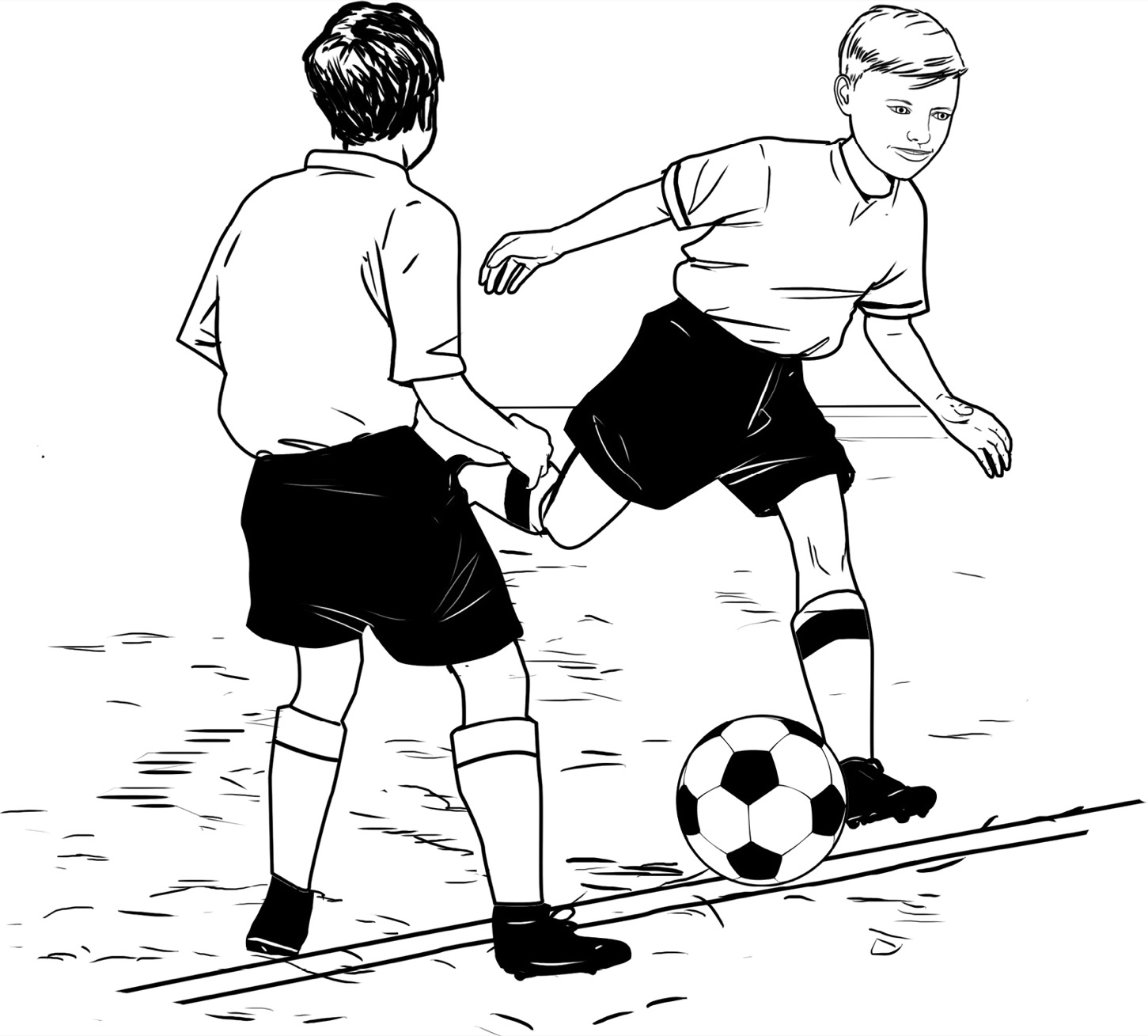
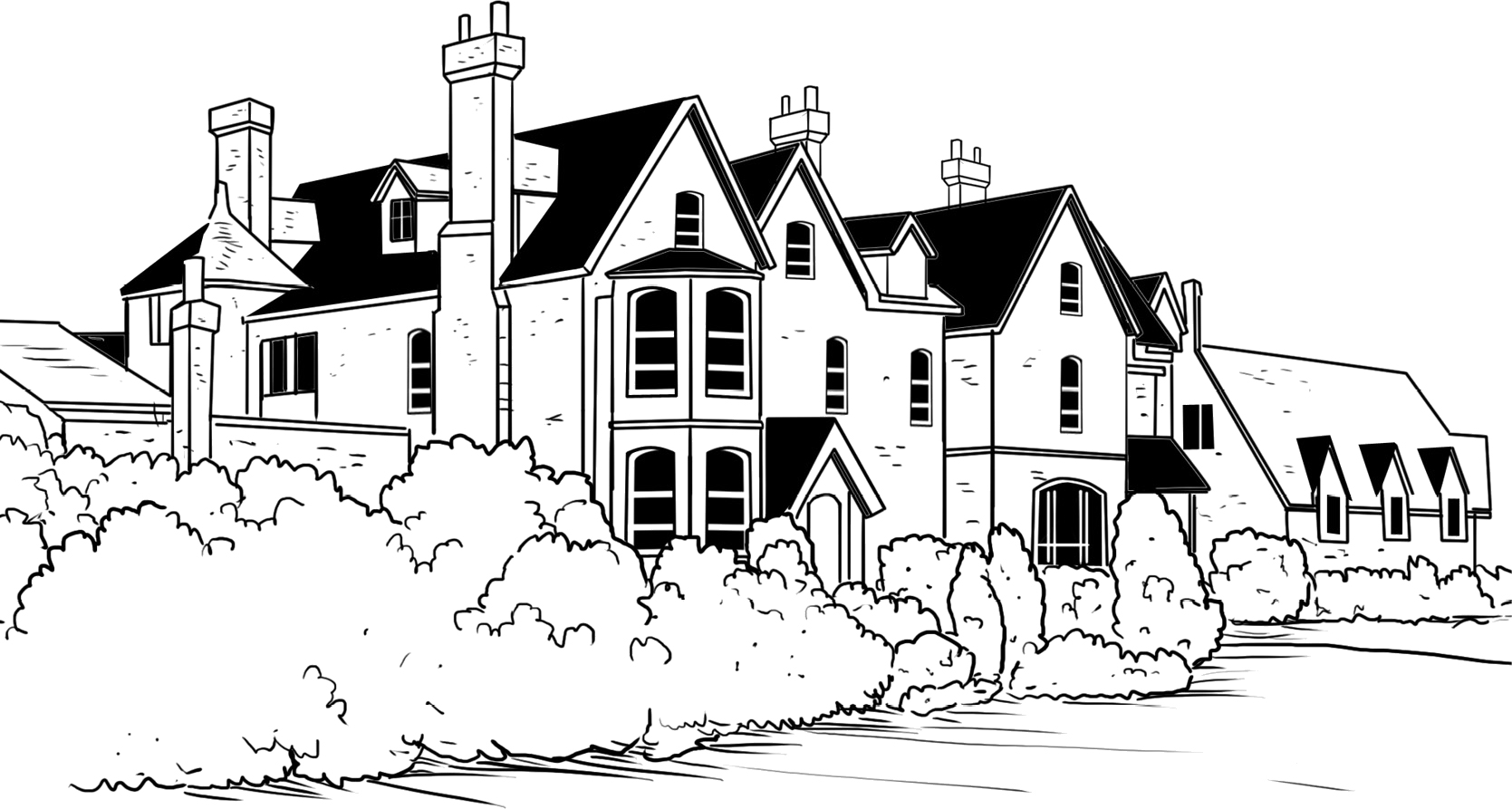
At eight, Ricky left home to go to Scaitcliffe, a boarding school in Surrey. Ted Branson had gone to boarding schools, too, as did most British boys whose families could afford it. They helped boys learn how to live away from their families and become independent.
Because of his dyslexia, Ricky struggled with schoolwork. Scaitcliffe allowed teachers to spank students with a cane if they made mistakes. Ricky was punished this way about once a week for simple mistakes such as giving the wrong date of a historic event. The beatings didn’t help Ricky improve in school. His grades remained poor, and his parents were afraid he would not be able to get into a good high school. After about three years, the Bransons sent Ricky to a new school, Cliff View House.
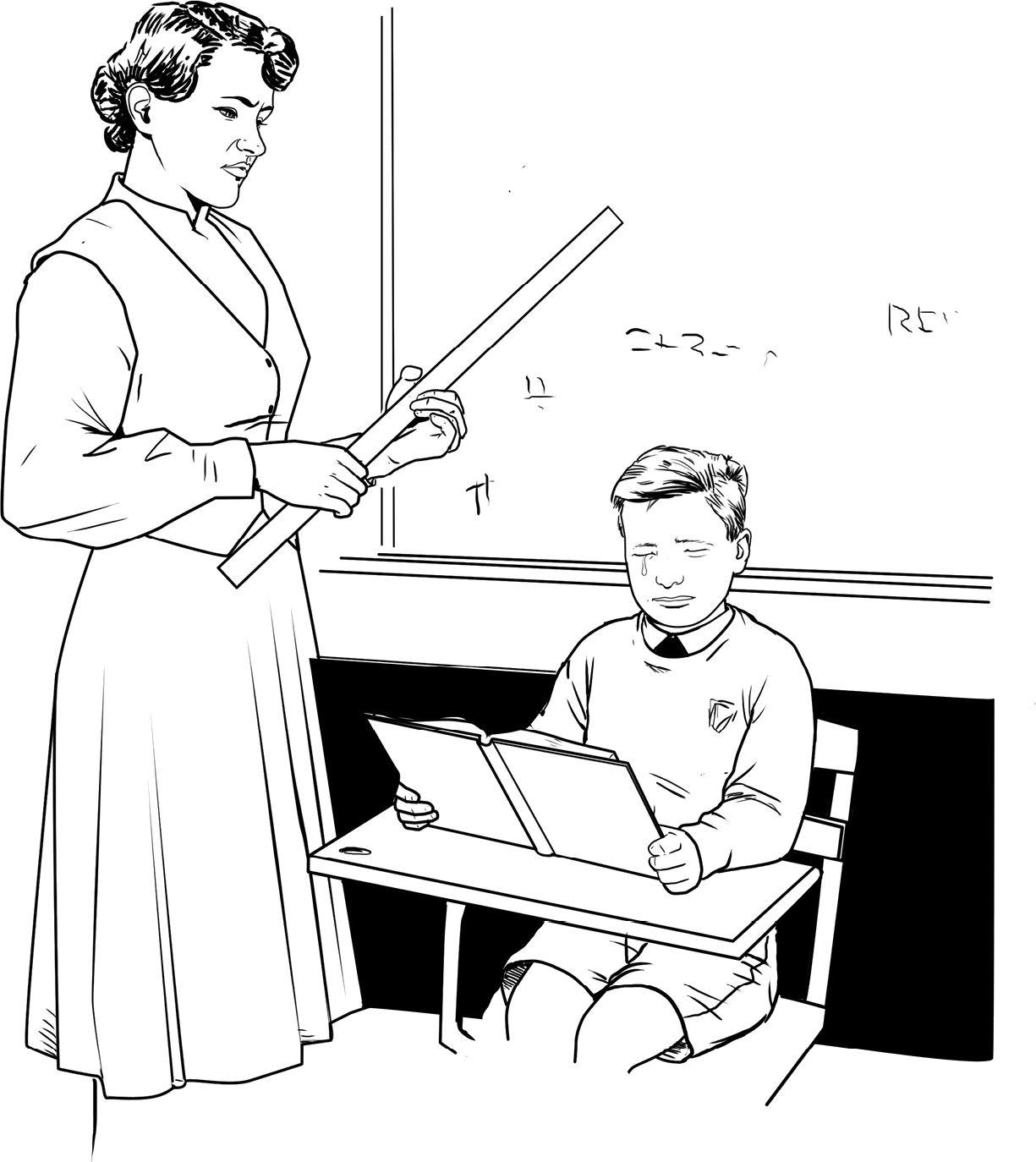
Cliff View House was a special school for students who struggled to learn. Students studied constantly. For Ricky, that meant going a whole year without playing sports. But at his new school, Ricky worked hard and his grades improved.
In September 1964, Ricky entered Stowe, a boarding school in Buckinghamshire. At Stowe, younger students like fourteen-year-old Ricky had to act as servants for the older boys. They had to run errands for them or do their chores. Stowe also forced all the boys to watch the school’s sporting events. Ricky would have preferred to have the time for himself. He disliked most of the rules, and school was still a challenge for him.
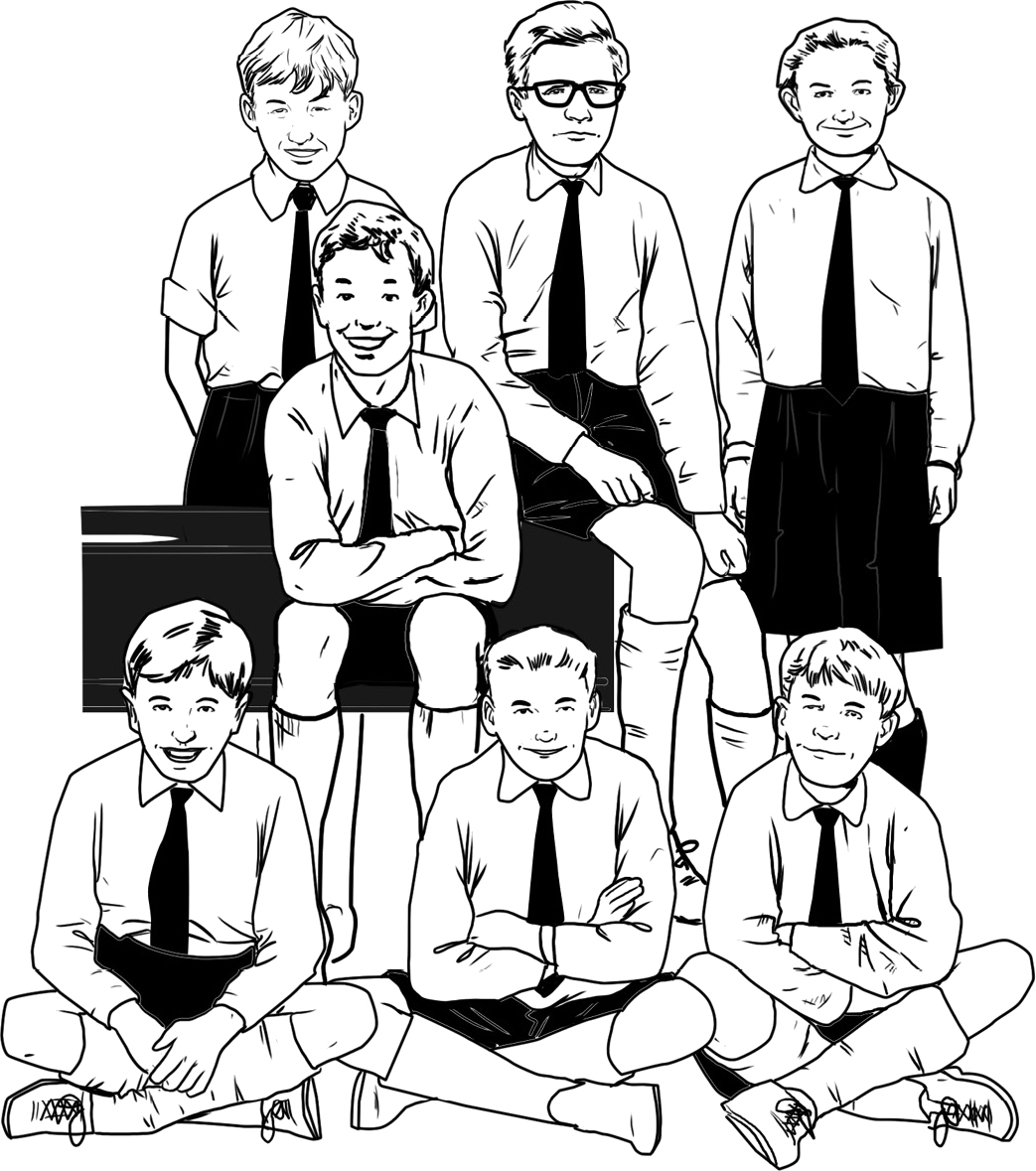
But Ricky developed a new interest at Stowe. He had seen his mother earn money by working from home. He wanted to start his own business, too. He and his friend Nik Powell decided to grow and sell Christmas trees. The Bransons had just bought a new, bigger home in Surrey with plenty of land. The two teens had lots of space for their new business. Within a year, Ricky figured, the trees would be big enough to sell at Christmastime. The idea might have worked—if rabbits hadn’t eaten all the young trees.
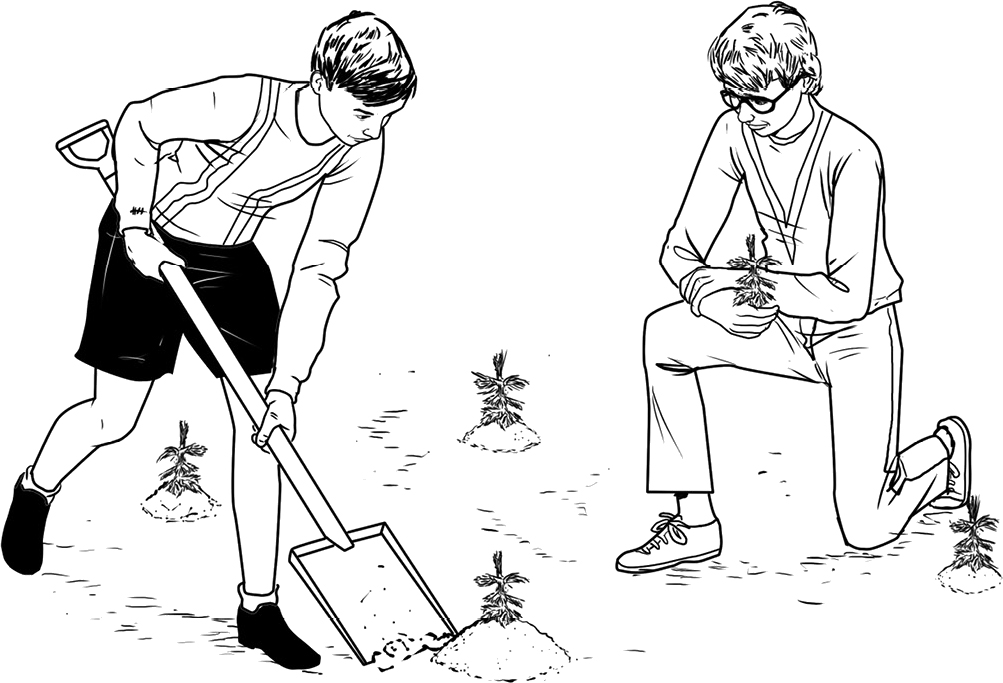
Despite the failure, Ricky had learned something about himself. When he tried to do math in school, his dyslexia made it very difficult to come up with the right answer. But in planning his Christmas tree business, he also had to do math. He needed to figure out the total cost of the trees and how many he would need to sell to make a profit. Suddenly, the numbers made more sense, and he actually enjoyed doing the math!
At Stowe, Ricky also began to improve his writing. He even won a writing contest. Ricky became so confident with his writing that he and his friend Jonny Holland-Gems decided to start a magazine. Ricky’s parents had raised him to be independent and think for himself. He later said, “I have always thought rules were there to be broken.” So in their magazine, he and Jonny wanted to write about all of the Stowe rules they thought were so unfair. But they didn’t want to publish it just for Stowe students. They wanted other teenagers to read it, too. They called the magazine Student.
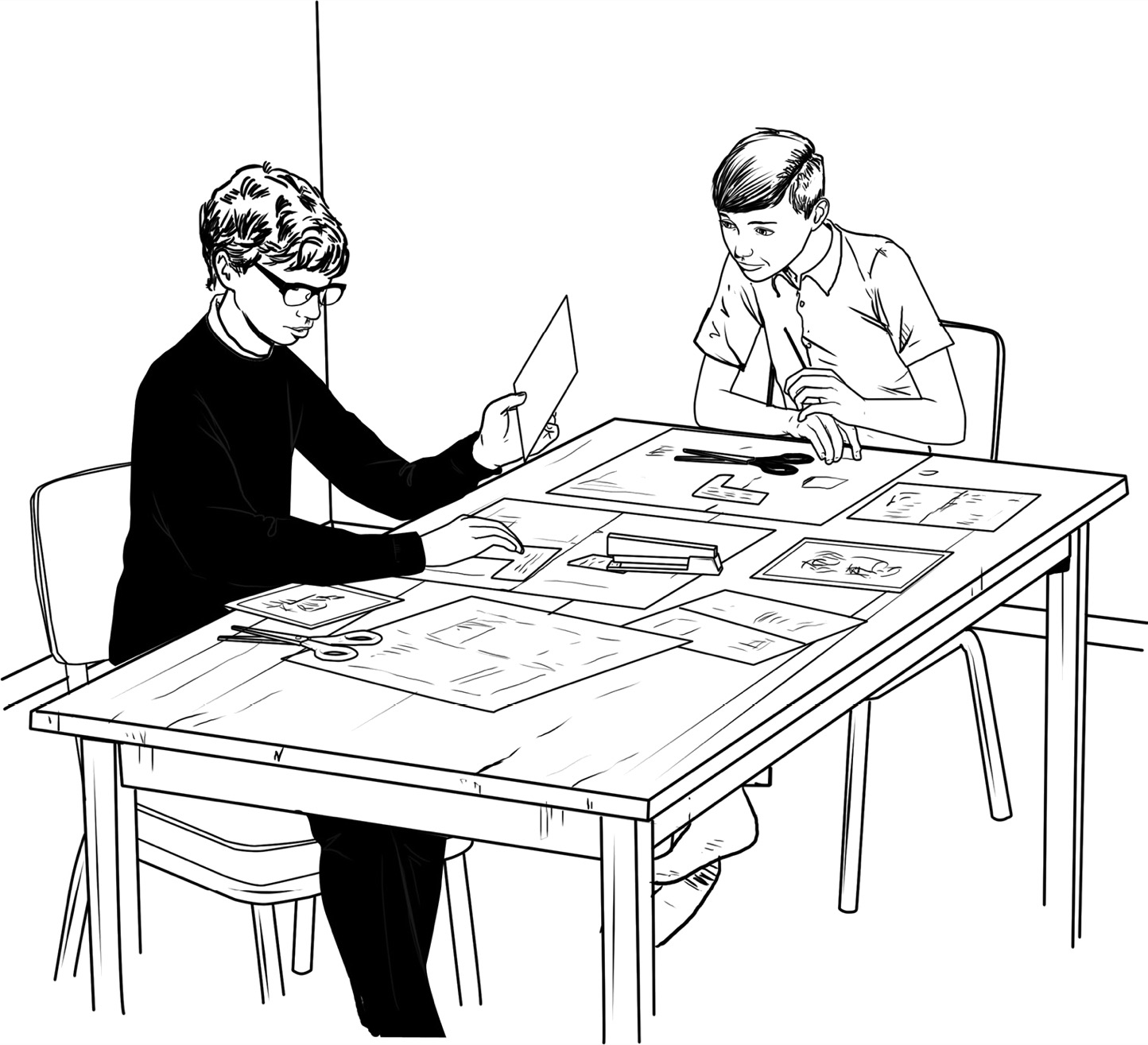
Barely fifteen, Ricky called his parents and said he wanted to leave school to publish his magazine. Eve and Ted Branson made a deal with Ricky: He could drop out of school, but first he had to pass at least one class. Ricky dropped all his other classes to focus on only one subject: ancient history.
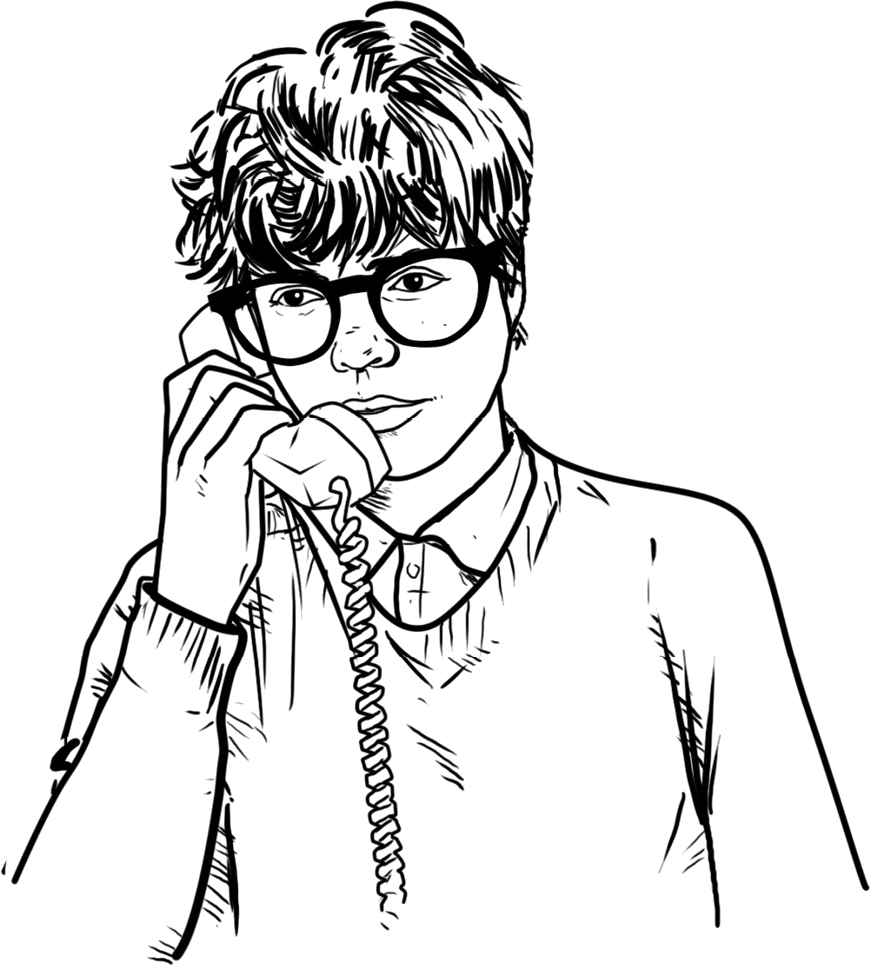
Then, he spent hours creating the first issue of Student. He wrote letters to famous people seeking interviews. He called companies asking them to buy advertisements. He was so young he never stopped to think how crazy it might be to try to start a magazine.
By 1967, Ricky had passed his ancient history class. His parents kept their part of the agreement and let Ricky leave Stowe. He and Jonny planned to move to London and focus all their attention on Student magazine. As Ricky said good-bye to the man who ran the school, the headmaster’s parting words to him were, “I predict that you will either go to prison or become a millionaire.” He knew that Richard Branson was determined to succeed. But he wasn’t sure where Richard’s love of breaking the rules would lead him.
